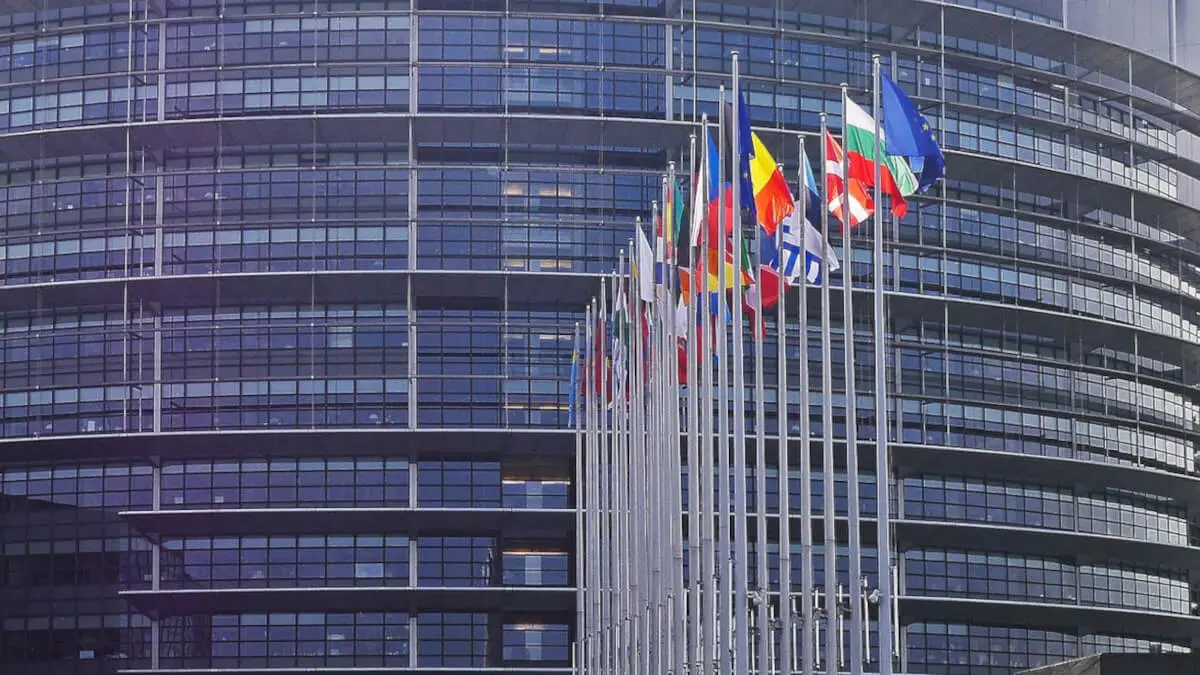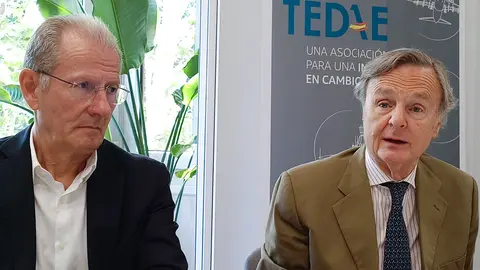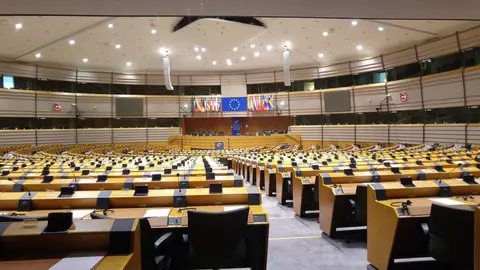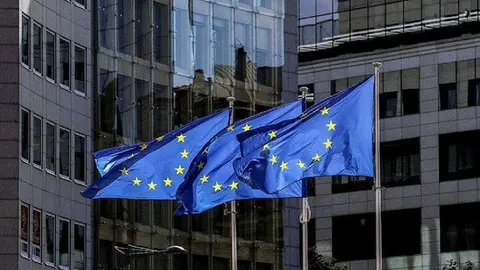European elections: citizens choose the EU's political course for the coming years

Elections to renew the European Union's Parliament got underway on Sunday, with voting taking place in 20 of the bloc's 27 countries.
The election of the 720 members of the European Parliament is the first step in the renewal of EU authorities: the presidents of the European Commission (the executive arm of the EU) and the Council (which represents the countries of the bloc).
Of the main EU countries, Germany, France and Spain opened their voting centres in the morning. Italy began voting on Saturday but will close the polls on Sunday afternoon.
Germany is the country that will send the largest number of legislators to the European Parliament, with 96, followed by France (81), Italy (76) and Spain (61). Malta, Luxembourg and Cyprus will elect six each.
Projections indicate that the European People's Party (EPP, right-wing) bloc will remain the strongest bloc in the European Parliament, followed by the Socialists & Democrats (S&D, social democrats).
Meanwhile, the Renew Europe bloc (Renew, centrists and liberals) should remain the third largest, albeit weakened and with many of its votes fleeing to the right and far right.
Voting in the European elections is currently underway.
— European Parliament (@Europarl_EN) June 6, 2024
This is your chance to make your voice heard in Europe, to have your say on what's most important to you. #UseYourVote. Or others will decide for you.
Find all the information you need here: https://t.co/b8zI1KERcc pic.twitter.com/W9hXUqE2Ri
Polls indicate that the far-right parties could win up to a quarter of the seats, to the point of threatening the Greens' bench, which would also emerge from the elections weakened.
The far-right political family is divided into two blocs. On the one side is the Conservatives and Reformists (ECR) and on the other the Identity and Democracy (ID) bloc, separated by their stance on the EU itself.
Sunday's result will redefine the political map of the EU for the next five years.
The current Commission president and contender for a new five-year term, Germany's Ursula von del Leyen, does not rule out seducing the votes of the far right, which follows Italy's head of government, Georgia Meloni, in order to stay in office.
Tense campaign in Spain
With 38 million citizens entitled to vote, Spain will elect 61 of the 720 MEPs, making it the country with the fourth highest number of representatives.
Spanish support for the EU remains high - 67% are in favour, according to the latest Eurobarometer survey - perhaps because they associate the country's modernisation after Franco's dictatorship (1939-1975) with EU membership.
In little more than a year, Spain has held a series of municipal, regional, national and now European elections, and each one has the flavour of revenge for the previous one, between the Socialists led by the Prime Minister, Pedro Sánchez, and the Popular Party (PP), led by Alberto Núñez Feijóo.
Lo que se decide hoy para el futuro de España y de Europa es de una enorme importancia.
— Pedro Sánchez (@sanchezcastejon) June 9, 2024
Animo a la participación, porque es el voto el que decide si queremos una Europa de avances o una Europa de retroceso.
Hoy, con nuestro voto, decidimos. pic.twitter.com/AX3lDaMJNd
The campaign was very tough and dominated by the judicial investigation for alleged corruption and influence peddling against Sánchez's wife, Begoña Gómez, who is summoned to testify on 5 July.
Both sides have used the Gómez case to call for the mobilisation of the electorate, some because they feel it is being used unfairly to weaken Sánchez, and others to call for his resignation.
The average of polls conducted by the daily El País puts the Popular Party as the winner of the European elections in Spain, with 34% or 35% of the vote, followed by the Socialist Party (30%) and Vox (10%).
Si queréis que el domingo estemos más cerca de cambiar al Gobierno de España, votad al PP.
— Alberto Núñez Feijóo (@NunezFeijoo) June 7, 2024
Vamos a ganar para construir un país para todos.#TuVotoEsLaRespuesta #VotaPP pic.twitter.com/eMeLQLYm8o
In France, polls indicate that Marine Le Pen's far-right National Rally party should defeat President Emmanuel Macron's centre-right alliance.
In Germany, meanwhile, the far-right AfD party should capture around 14 per cent of the vote, on a par with the Greens and behind the Christian Democrats.
Rise and shine, it's democracy time! ⛅🗳️
— European Parliament (@Europarl_EN) June 9, 2024
Last call to #UseYourVote in the #EUelections2024. People in 21 countries are heading to the polls today - will you be one of them? 🇪🇺 pic.twitter.com/k5RL0SDyzV
Another country where the far right is shaping up for a strong result is Hungary, where the nationalist prime minister, Viktor Orban, insists in his campaign that European voters must choose between war and peace.
Orban's party, Fidesz, has about 50 per cent of the vote, while the second favourite, the opposition Tisza, had about 27 per cent.












